Tailored Financial Planning – Choosing the Right Registered Investment Advisor (RIA)

Making the Most of Retirement: Newfound Freedom

Investment Markets: 101 – A Crash Course to Keep You on Track

How Often Should I Review my Investment Portfolio?

Understanding FDIC Coverage: Protect Your Funds with Confidence

When Should I Hire a Financial Advisor?

On the Other Side of Fear

Financial Habits For Every Stage of Life

Guide To Buying Your Home – Part II








